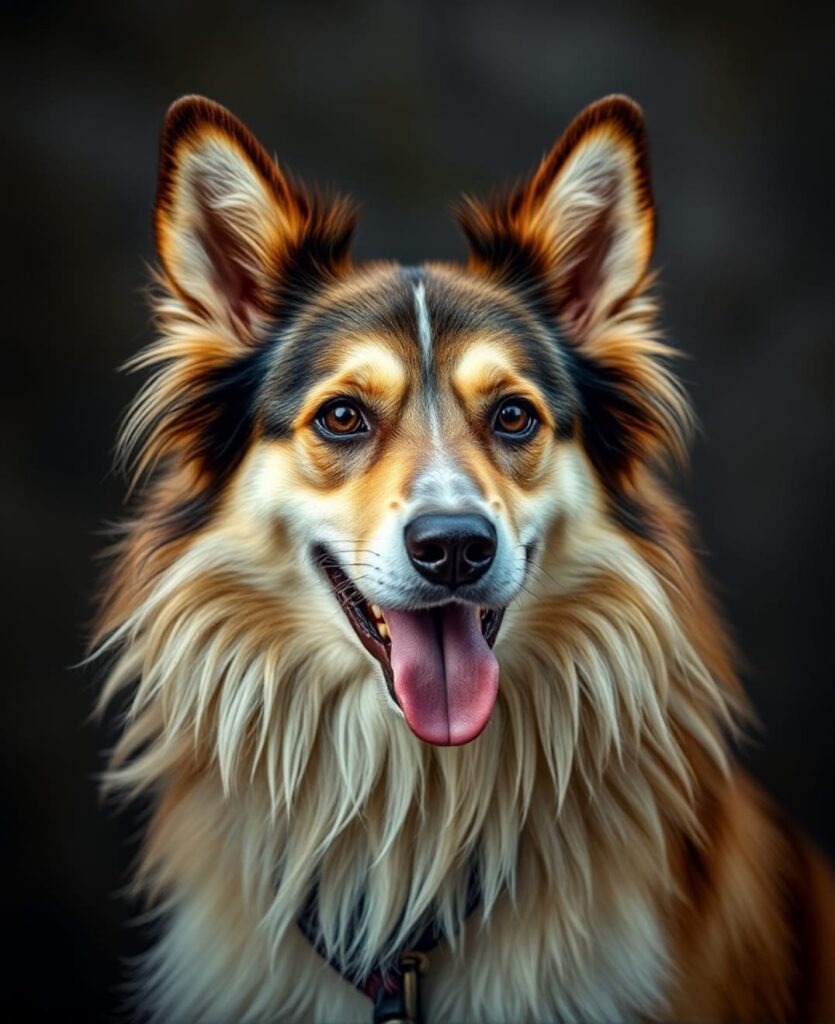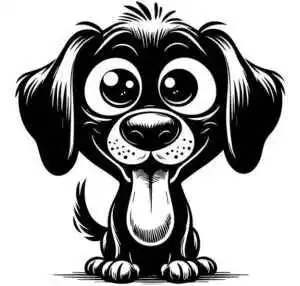Historical Male Dog Names: Inspired Great Leaders
Explore the world of historical male dog names, where timeless figures inspire your furry friend’s identity!

Names of Ancient Leaders Dog
Caesar – Inspired by Julius Caesar, the Roman general.
Alexander – Named after Alexander the Great.
Napoleon – The influential French military leader.
Cyrus – The founder of the Persian Empire.
Ramses – An Egyptian pharaoh known for building.
Augustus – The first emperor of Rome.
Hannibal – The Carthaginian military commander.
Genghis – Inspired by Genghis Khan.
Charlemagne – The medieval emperor who united Europe.
Marcus – Named after the Roman philosopher Marcus Aurelius.
Suleiman – The great Ottoman sultan.
Darius – The king of Persia known for his empire-building.
Leonidas – The Spartan warrior king.
Pharaoh – Symbolizes the ancient Egyptian rulers.
Trajan – A powerful Roman emperor.
Nero – A Roman emperor known for his dramatic reign.
Hector – The Trojan prince and warrior.
Attila – The fierce leader of the Huns.
Solomon – The wise and prosperous king.
Constantine – The emperor who Christianized Rome.
Medieval and Renaissance Figures Dog
Arthur – Named after the legendary King Arthur.
Drake – Inspired by the English sea captain, Sir Francis Drake.
Vlad – Named after Vlad the Impaler.
Dante – The famous Italian poet.
Michelangelo – The Renaissance artist.
Galileo – The renowned astronomer and scientist.
Lancelot – The famous knight of the Round Table.
Chaucer – Known as the father of English literature.
Galahad – Another brave knight of Arthurian legend.
Marco – After the explorer Marco Polo.
Medici – Named after the powerful Florentine family.
Columbus – The explorer who sailed to the New World.
Raphael – The renowned Renaissance painter.
Newton – The scientist who discovered gravity.
Machiavelli – Known for his political insights.
Charlemagne – The king who unified Western Europe.
Lorenzo – Inspired by Lorenzo de’ Medici, a patron of the arts.
Magellan – The explorer who circumnavigated the globe.
Galileo – The scientist who advanced astronomy.
Copernicus – Known for his revolutionary astronomy work.
Names of Ancient Heroes and Mythological Figures Dog
Achilles – The great hero of Greek mythology.
Hercules – Known for his incredible strength and bravery.
Odysseus – The legendary Greek king and adventurer.
Thor – The Norse god of thunder and strength.
Zeus – The king of the Greek gods.
Perseus – The hero who defeated Medusa.
Hector – The valiant Trojan warrior.
Apollo – The god of music and healing in Greek mythology.
Orion – The great hunter in Greek legend.
Theseus – The hero who slayed the Minotaur.
Ajax – A fearless Greek warrior.
Ares – The Greek god of war.
Horus – The ancient Egyptian god of the sky.
Atlas – The Titan who held up the sky.
Gilgamesh – The hero of an ancient epic.
Enkidu – The loyal companion of Gilgamesh.
Poseidon – The Greek god of the sea.
Minos – The king of Crete who ruled the labyrinth.
Romulus – The legendary founder of Rome.
Helios – The personification of the sun in Greek mythology.
Revolutionary and Enlightenment Figures Dog
Washington – Named after George Washington, the first U.S. president.
Franklin – Inspired by Benjamin Franklin, the inventor and statesman.
Jefferson – After Thomas Jefferson, the U.S. founding father.
Robespierre – A key figure in the French Revolution.
Hamilton – Named after Alexander Hamilton, an American statesman.
Napoleon – The influential French military leader.
Bolivar – The South American liberator.
Voltaire – The Enlightenment writer and philosopher.
Lafayette – The French general who helped the American Revolution.
Madison – Named after James Madison, the “Father of the Constitution.”
Talleyrand – A skilled French diplomat.
Newton – The scientist who transformed physics.
Rousseau – The Enlightenment philosopher.
Diderot – Known for his encyclopaedic work during the Enlightenment.
Locke – The philosopher who influenced the U.S. Constitution.
Spartacus – The heroic leader of a slave rebellion.
Tocqueville – The writer known for Democracy in America.
Galileo – The scientist who supported heliocentrism.
Cromwell – The leader of England’s parliamentary forces.
Bastille – Symbolic of the French Revolution’s start.
Names Inspired by World War Heroes Dog
Patton – The legendary American general.
Churchill – Named after the British prime minister.
Montgomery – The British commander during WWII.
Eisenhower – The American general and later U.S. president.
Stalin – The Soviet leader during the war.
MacArthur – The American general in the Pacific.
Rommel – Known as the Desert Fox, a German field marshal.
Bradley – A skilled U.S. general during WWII.
De Gaulle – The French resistance leader.
Truman – The U.S. president who ended the war.
Nimitz – The commander of the U.S. Pacific fleet.
Roosevelt – The U.S. president during most of WWII.
Hirohito – The emperor of Japan during the war.
Göring – The head of the Luftwaffe.
Halsey – A noted U.S. naval commander.
Zhukov – The Soviet general who defended Moscow.
Enigma – The code-breaking machine.
Yamamoto – The Japanese admiral who planned Pearl Harbor.
Higgins – For the boats used in D-Day landings.
Victory – Symbolic of the Allies’ success.
Names from American History Dog
Lincoln – Named after the U.S. president who ended slavery.
Grant – The Union general and later president.
Jackson – The seventh U.S. president and general.
Adams – Inspired by John Adams, a founding father.
Monroe – After the fifth president of the United States.
Plymouth – Named after the famous colony.
Crockett – The legendary frontiersman Davy Crockett.
Hancock – Known for his prominent signature.
Houston – The leader of Texas independence.
Buffalo – Symbolic of the American frontier.
Revere – Paul Revere’s midnight ride.
Harper – Inspired by Harper’s Ferry.
Dakota – After the Native American tribes.
Yankee – Symbolic of the American Union.
Liberty – For the Statue of Liberty.
Seneca – Named after the Seneca Falls Convention.
Appomattox – The site where the Civil War ended.
Gettysburg – A pivotal battle in the Civil War.
Rebel – For the Confederate soldiers.
Pioneer – Symbolizing American exploration.
